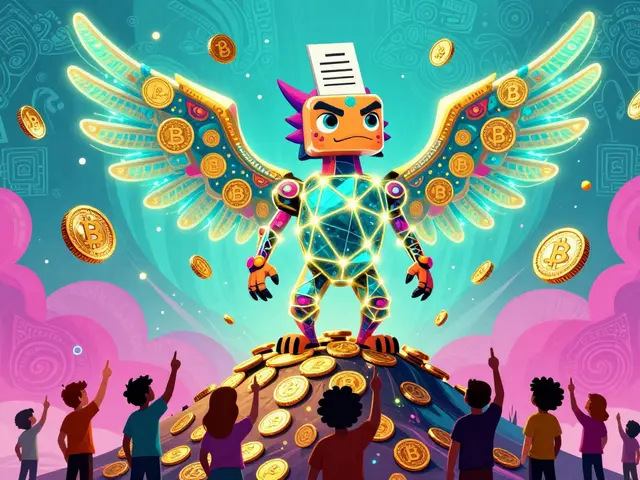Blockchain Theft: How Crypto Gets Stolen and How to Protect Yourself
When you hear about blockchain theft, the illegal taking of cryptocurrency through exploits, scams, or compromised keys, it’s easy to think it’s something that happens to other people. But in 2024 and 2025, over $2 billion was stolen from crypto users—not because they were reckless, but because they didn’t know how easy it is to get hacked. wallet hacking, the act of gaining unauthorized access to a user’s crypto storage is the most common method. Whether it’s a phishing site tricking you into signing a malicious transaction, a compromised seed phrase, or a fake app that looks like your Ledger, the attack doesn’t need to be high-tech. It just needs to be human.
smart contract exploits, flaws in code that let attackers drain funds from decentralized protocols are another major source of loss. You don’t even need to click anything. Just interacting with a poorly audited DeFi platform can trigger a hidden backdoor. That’s why projects like Tornado Cash got sanctioned—not because they were evil, but because they enabled theft at scale. And then there’s crypto theft, a broad term covering everything from exchange hacks to insider fraud. Remember when FTX collapsed? That wasn’t a hack. It was theft by design. The same principles apply to smaller exchanges like GroveX or KCEX—no regulation, no oversight, no safety net. If you’re storing crypto on a platform you don’t fully trust, you’re already at risk.
The good news? Most blockchain theft is preventable. You don’t need to be a coder or a security expert. You just need to know the basics: never share your seed phrase, always verify contract addresses before approving transactions, use a hardware wallet for anything over $100, and assume every link or message asking for a signature is a trap. The posts below show real cases—like the dead tokens that vanished overnight, the fake airdrops that stole private keys, and the exchanges that disappeared with users’ funds. They’re not warnings. They’re lessons. What you learn here won’t make you immune—but it will make you harder to target.










